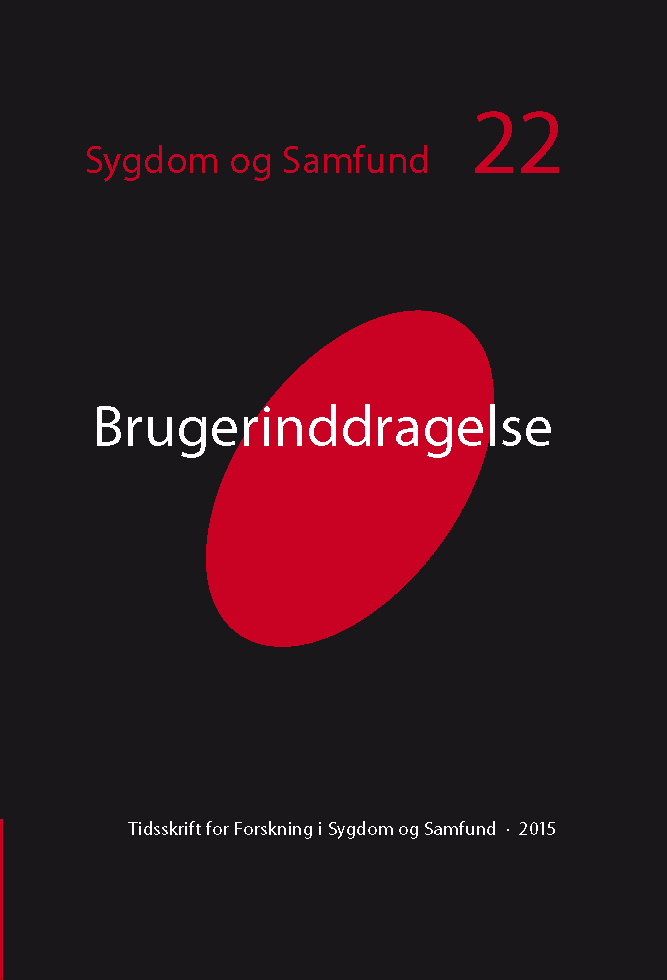Resumé
This article examines the conflicts which arise when patients with chronic disease engage in decision making with health professionals about their medication. These are conflicts in the sense of discrepancies or incompatibilities between perceptions or opinions of different people engaged in a common endeavour. The paper is based on three qualitative research studies and presents one case from each study to illustrate analytical findings. Data collected in the original studies consisted of observations of clinical encounters and semi-structured interviews; in total 45 interviews with patients and 23 with health professionals. The analysis shows different conflicts, which arise during the process of making decisions about medication. These conflicts arise when: 1) Patients deliberately hold back information about their medication for fear of challenging clinicians’ authority; 2) The decision making process takes place in an environment, which does not support patient involvement; and 3) Patients refer to pharmacological knowledge, but are considered ill-equipped to understand and apply this knowledge by health professionals. The article shows that these conflicts typically revolve around the legitimate access to and use of pharmacological knowledge. These results have important implications for the current discussions of shared decision making. In shared decision making, knowledge about medication is typically regarded as the domain of the doctor. We argue that there is a need for a widening of the concept of partnership, which is central to shared decision making, to encompass breadth of patient knowledge about his/her situation, disease and treatment. Patients with chronic diseases need to be actively invited to disclose the extensive clinical knowledge they acquire over time, thereby creating a legitimate space for this knowledge in clinical consultations, and avoiding that conflicts over knowledge domains lead to unnecessary suffering and wasted resources.

